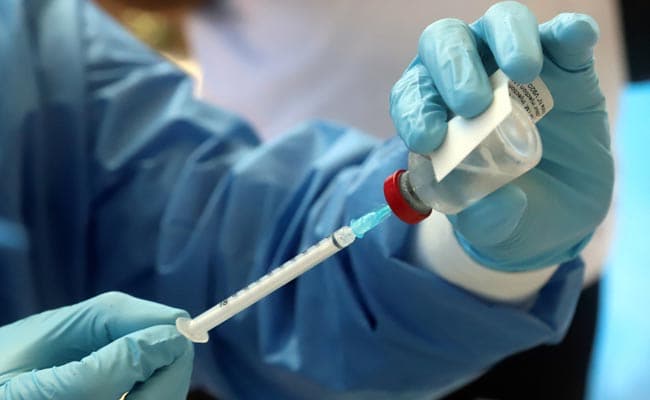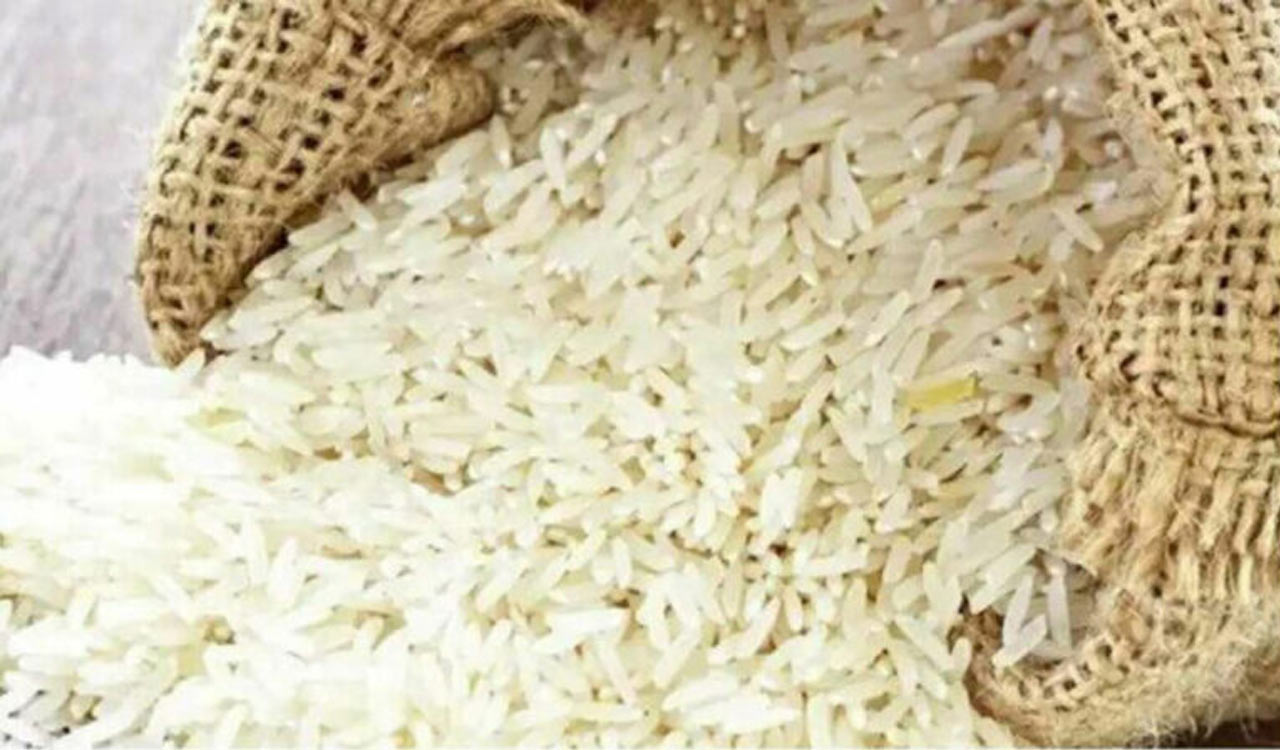But physical, sexual, or psychological abuse in teen intimate relationships remains an invisible issue.
Hobart: Australian teens need adults to help them recognise red flags for potentially abusive relationships.
The Australian Bureau of Statistics estimates 2.2 million adults have been victims of physical and/or sexual violence from a partner since the age of 15. Almost one in three Australian teens aged 18–19 report experiences of intimate partner violence in the previous year.
But physical, sexual, or psychological abuse in teen intimate relationships remains an invisible issue.
The First National Action Plan to End Violence Against Women and Children fails to mention it at all and Australia lacks youth-specific domestic violence support services.
We know teens are experiencing intimate partner violence that is putting their lives in danger.
But they are dependent on informal networks for assistance. Abuse can impact all parts of their lives and their age and stage of development make them even more vulnerable to its effects.
I interviewed 17 young people about their experiences of teen intimate partner violence from when they were under 18. They wanted support and insight from the adults around them.
‘I hadn’t experienced a proper relationship before’
Limited relationship experience can prevent young people identifying red flags for intimate partner violence. Interviewee Elise said: As a young teen, I hadn’t experienced a proper relationship before; I just kind of thought this is how it is.
While physical and sexual violence cross clear lines, Australian teens report difficulty recognising more subtle forms of violence and control, such as emotional and technology-facilitated abuse.
7 red flags that can happen early
Young people identified red flags in their past intimate relationships and described how difficult it was to see them in the moment. On their own these behaviours and actions may not be problematic.
For example, spending lots of time together is a relatively normal part of a new intimate relationship.
But concern should arise when these behaviours become part of a pattern. They can become integrated into everyday life, making them difficult to recognise – and they can escalate over time.
Here are some examples of red flags for teen intimate relationships that can begin a pattern of violence and abuse:
being together all the time, using technology to monitor location when not together and a sense of always “being on call” sharing passwords to social media accounts or devices (or setting up shared profiles) turning up unannounced or “as a surprise” saying “I love you” very early in the relationship, talking about living together or having children. This is sometimes called “love bombing” showering with gifts and grand gestures contacting someone’s friends or family to find out where they are framing controlling behaviours as “care” or “concern”.
Young person Gina said:
We had a joint Facebook [account], because I wasn’t allowed to really talk to people without him seeing it […] He had to have the password.
Ingrid’s partner framed control as care:
He’d just perpetually check where I am, and then sometimes he’d just turn up […] He’d be like, ‘I’m just checking that you’re safe.’ If a teen begins to feel like their autonomy and freedom to make choices are being restricted, it is a clear cause for concern. Jamie said: I didn’t have contribution into simple things like what movie to watch.
Sam felt like they had to spend time with their partner, even if they didn’t want to: I’d spend hours […] just watching them play video games, because I didn’t feel like I could go and do something else […] And I hate video games.
6 red flags that suggest escalation
Increasingly problematic (but still difficult to see) behaviours include:
framing the relationship as unique or fated, such as saying the partner is the only person who truly understands them and nobody else could ever “love you like I do” isolating a partner by making it difficult for them to spend time with others assuming sexual activity will happen because “they are in a relationship” framing feelings of jealousy as evidence of love “suggesting” how they should dress or look or encouraging exercise or diet changes insults passed off as “just a joke”.
How can you help?
Research shows parents are in a unique position to support teens to foster healthy relationships. Interviewee Addison was among those asking for guidance:
Anybody that can see the relationship [has] red flags. Anybody that is worried for me, I want them to tell me.
Safe and reliable adults can act as role models, ensure safety, involve professionals and empower teens to build safe and healthy relationships.
We can do this by building trusting, open relationships with the teens in our lives, giving them a chance to talk and listening without judgement.
If your teenager does not want to talk to you, help them find another person to talk to instead.
It’s important to remember they may not respond the way we hope, but providing support and talking about relationships can decrease the risk of them ending up in an abusive relationship.
And we need a national plan to prevent and respond to teen intimate partner violence. It is not the responsibility of teens or their families to solve this issue.





















